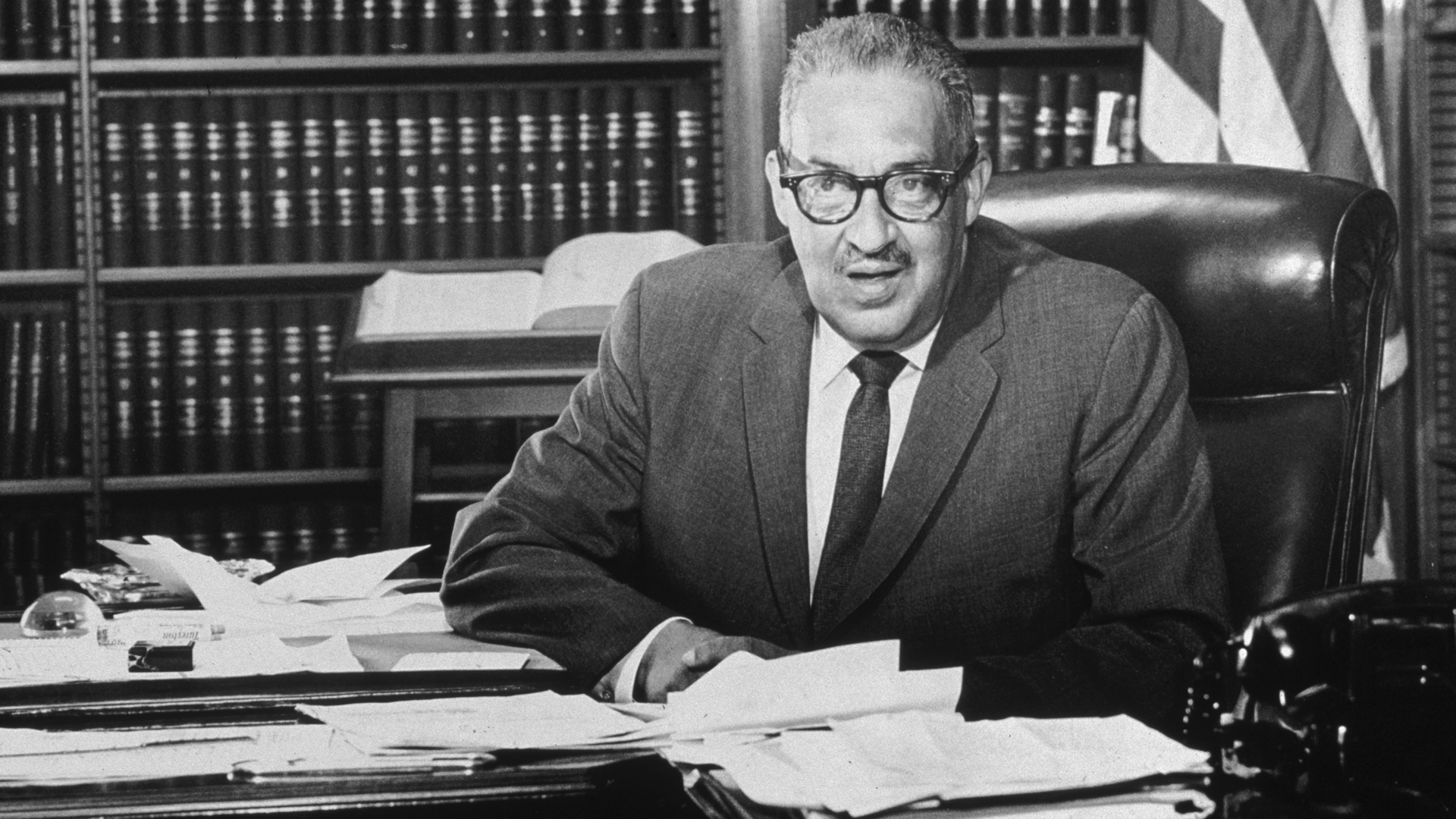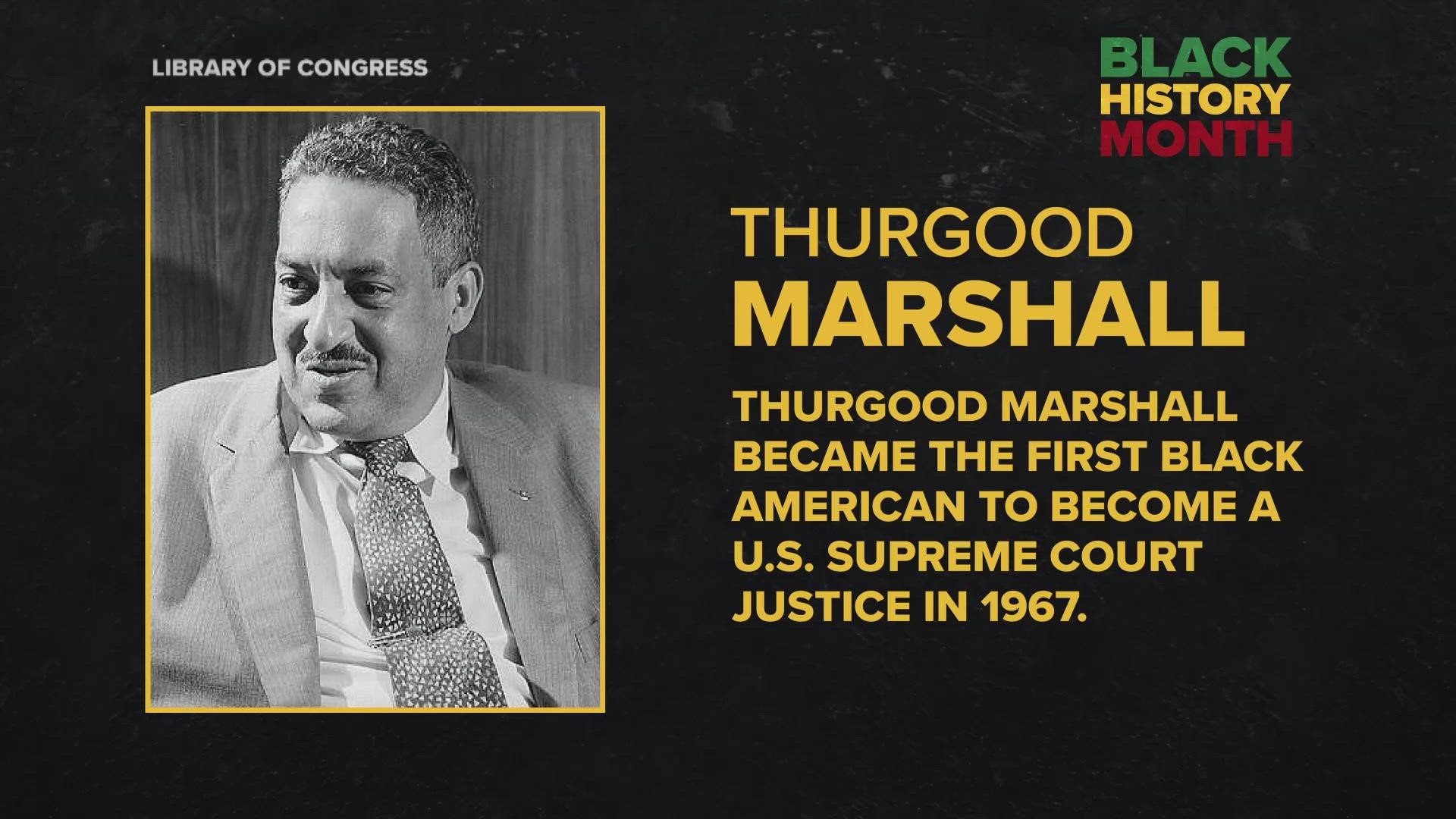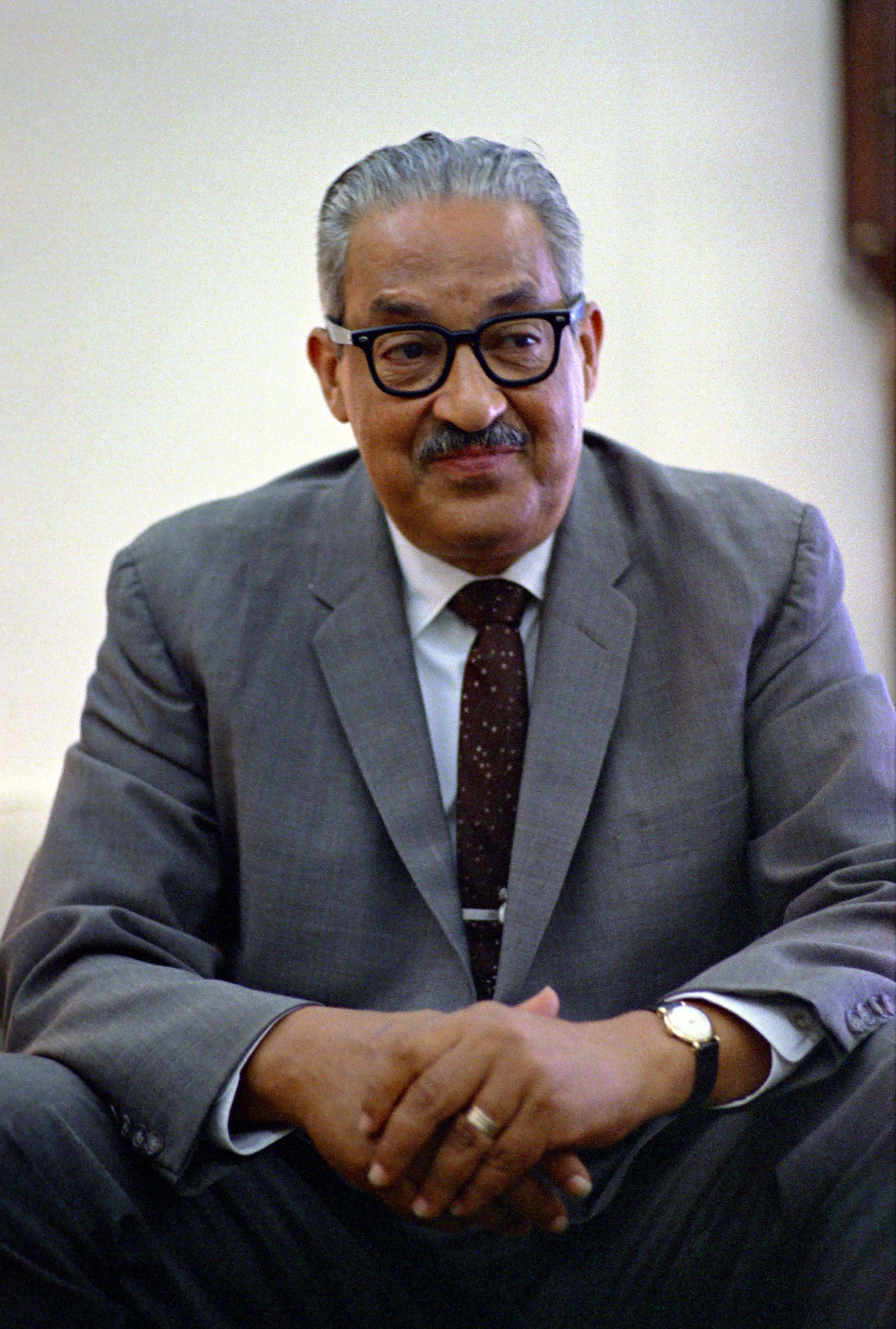Thurgood Marshall: The First African American Supreme Court Justice
Advocate for Civil Rights
Marshall's legal career was inextricably intertwined with the civil rights movement. As the chief counsel for the National Association for the Advancement of Colored People (NAACP), he masterminded a series of groundbreaking lawsuits that challenged racial discrimination in education, housing, and voting. Marshall's legal brilliance and strategic use of the judicial system proved instrumental in the dismantling of Jim Crow segregation. The 1954 Supreme Court ruling in Brown v. Board of Education, which unanimously declared school segregation unconstitutional, stands as a towering achievement of Marshall's legal advocacy.
Pragmatic Approach and Strategic Litigation
Marshall's pragmatic approach to civil rights litigation was guided by a belief in incremental progress. Rather than seeking to overturn all forms of segregation at once, he focused on chipping away at the edifice of Jim Crow, one lawsuit at a time. This strategy allowed him to build a solid foundation of legal precedent and gradually shift public opinion in favor of civil rights. Marshall's strategic use of litigation also extended to his courtroom tactics. He often presented cases in a way that would appeal to the sensibilities of White judges, emphasizing the impact of segregation on children and the threat it posed to the nation's image abroad.
Internal Debates and Ideological Shifts
Marshall's tenure on the Supreme Court was marked by internal debates and ideological shifts that influenced his jurisprudence. Despite his unwavering commitment to civil rights, Marshall's views on the role of the Court evolved over time. In his early years on the Court, he was known for his willingness to overturn precedents, particularly those that upheld racial discrimination. However, as the composition of the Court changed, Marshall became more cautious, recognizing the fragility of the civil rights gains that had been achieved. This shift was evident in his decision to uphold affirmative action programs in the 1978 Bakke case, a decision that drew criticism from both liberals and conservatives.
Relationship with Colleagues
Marshall's relationship with his colleagues on the Court was often complex and fraught with tension. His outspokenness and unwavering commitment to civil rights sometimes alienated more conservative justices. Justice William Rehnquist, in particular, was a frequent adversary of Marshall, often dissenting from his opinions and criticizing his jurisprudence. Despite their differences, Marshall maintained a cordial relationship with his colleagues, even those with whom he disagreed. He recognized the importance of building consensus on the Court, even if it meant compromising on some of his ideals.
Legacy and Broader Implications
Thurgood Marshall's legacy as the first African American Supreme Court Justice is both profound and enduring. His unwavering advocacy for civil rights and his strategic use of litigation transformed the legal landscape of the United States. His pragmatic approach and willingness to engage with opponents allowed him to make incremental progress toward racial equality. Marshall's tenure on the Court also sparked internal debates and ideological shifts that shaped the direction of American jurisprudence. His legacy extends beyond the courtroom, as his life and work continue to inspire generations of lawyers, activists, and citizens working toward a more just and equitable society.
Meet The 12 Teams Of The College Football Playoff
Michael Phelps: The Most Decorated Olympian In History
Julio Bocca – A Famous Argentine Ballet Dancer, Considered One Of The Best In The World.



